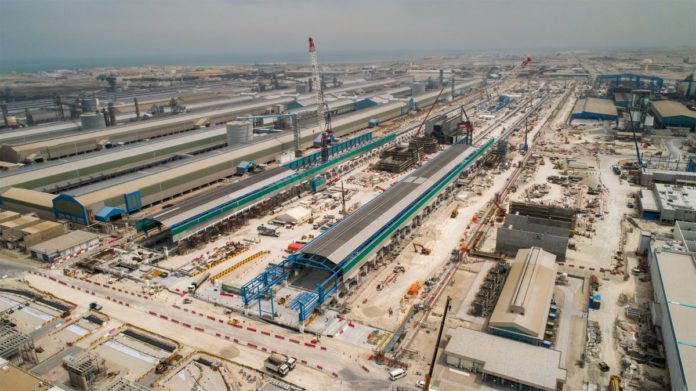Scientists in Japan have developed a machine learning approach that predicts the elements and manufacturing processes needed to obtain an aluminum alloy with specific, desired mechanical properties. The approach, published in the journal Science and Technology of Advanced Materials, could facilitate the discovery of new materials.
Aluminum alloys contain elements such as magnesium, manganese, silicon, zinc, and copper. The combination of these elements and the manufacturing process determines how resilient the alloys are to various stresses. For example, 5000 series aluminum alloys contain magnesium and several other elements and are used as a welding material in buildings, cars, and pressurized vessels. The 7000 series aluminum alloys, which contain zinc and usually magnesium and copper, are most commonly used in bicycle frames.
Experimenting with various combinations of elements and manufacturing processes to fabricate aluminum alloys is time-consuming and expensive. To overcome this, Ryo Tamura and colleagues at Japan’s National Institute for Materials Science and Toyota Motor Corp. developed a materials informatics technique that feeds known data from aluminum alloy databases into a machine learning model. This trains the model to understand relationships between alloys’ mechanical properties and the different elements they are made of, as well as the type of heat treatment applied during manufacturing. Once the model is provided enough data, it then predicts what is required to manufacture a new alloy with specific mechanical properties, all of which is done without the need for input or human supervision.
AI in Aluminum predictions
To support their goal of manufacturing quality parts, Toyota Industries Corporation and Siemens have cooperated to develop artificial intelligence (AI) that can predict product abnormalities in aluminum die casting, a key process in automotive air conditioning compressor production.
The development is one of the world’s first to use defect prediction AI for die casting. It improves quality and productivity by utilizing the AI application in Industrial Edge, the Siemens edge computing platform for industry. The initiative is an innovative example of digital transformation in manufacturing, and Toyota Industries Corporation aims to use it to further evolve their technology and incorporate it into their production plants in Japan and overseas. Siemens hopes that more businesses in the manufacturing industry will adopt their digitalization and automation solutions such as Industrial Edge.
The die casting process is challenging to manage due to a range of constantly changing production conditions such as variations in the molten aluminum temperature or the injection rate. Success relies on the judgement of experienced workers, and sometimes the parts require secondary processing to handle abnormalities and maintain high quality standards.
During development, the two companies used a Siemens controller to gather big data totaling approximately 40,000 data points per die casting shot at the model line and then analyzed the data using AI technology. They succeeded in preventing defects and improving quality by monitoring the production status in real time and automatically predicting equipment abnormalities that lead to quality issues. The production data is processed by the defect prediction AI on Industrial Edge, enabling instant analysis of the data on production conditions at the time of a shot and assessment of the part quality immediately after the casting. This series of AI technologies boosts productivity, improves quality, and transforms how operators work.


